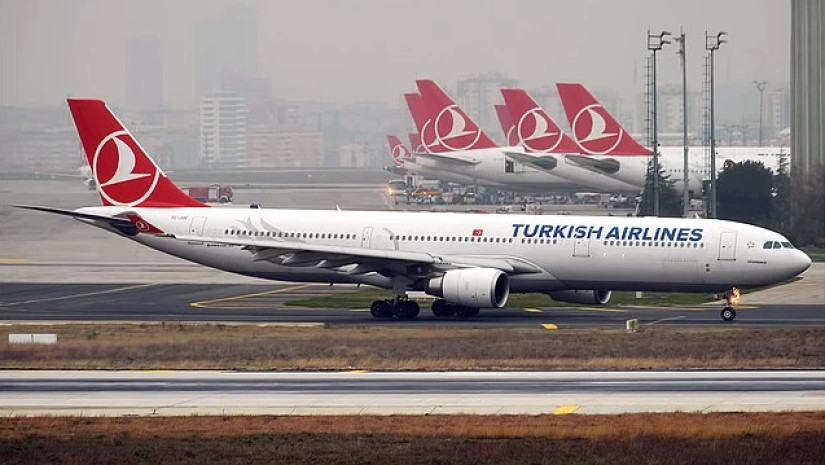Turkish Airlines aims to grow its fleet to 800 aircraft, including 200 flying with the livery of its low-cost division AnadoluJet, in time for the airline’s centenary in 2033.
Türkiye’s flag-bearer is already a globe-straddling airline, flying to more countries (124) than any other carrier in the world. As its new strategic plan outlines, it hopes to become even more of a colossus by the 2030s, with more jets, destinations, passengers, crew, and revenue.
The airline flies to a mind-boggling 300+ destinations, including 52 within Turkey and 263 internationally. By 2033, it hopes to serve more than 400 cities worldwide. It has yet to reveal any specific destinations but already reaches many secondary cities neglected by its regional rivals, providing myriad opportunities for one-stop connections.
To enable this rapid expansion of its network, Turkish Airlines will nearly double its fleet from 390 aircraft (or 435 by the end of this year) to 800. Again, the carrier is staying quiet about the makeup of its envisioned fleet, including manufacturer and aircraft type. But if it’s serious about the 2033 timeline, expect orders for some of these planes to be placed shortly.
The carrier will also revamp the cabins on its existing jets to deliver a more consistent product.
Its regional carrier AnadoluJet will see its biggest fleet expansion: from just 57 aircraft to 200 – all “next-generation aircraft” – over the next ten years, part of an ambitious reinvention of the budget division’s “brand positioning, revenue composition, and cost structure.” AnadoluJet will also become a separate subsidiary – an idea Turkish Airlines has toyed with since 2021.
The strategic plan also envisions Turkish Airlines carrying 170 million passengers in 2033, double its 2023 capacity of 85 million. To do so, the carrier will grow its passenger capacity by an average annual rate of 7% over the next decade.
The carrier, still half-owned by the Turkish government, also hopes to boost revenue to $50 billion annually and to average an annual EBITDA margin of between 20 and 25% over the next decade. In comparison, it turned over $18 billion last year, with an EBITDA margin of 15.1%.
Turkish Airlines also hopes to double the transported cargo carried by its cargo division and make Turkish Cargo one of the top three cargo carriers in the world, taking advantage of its continent-bridging base at Istanbul Airport (IST) and its vast air cargo terminal there.
To reach these goals, Turkish Airlines will double its workforce from 75,000 to 150,000. As a result, its contributions to the Turkish economy will also grow to $140 billion.




















